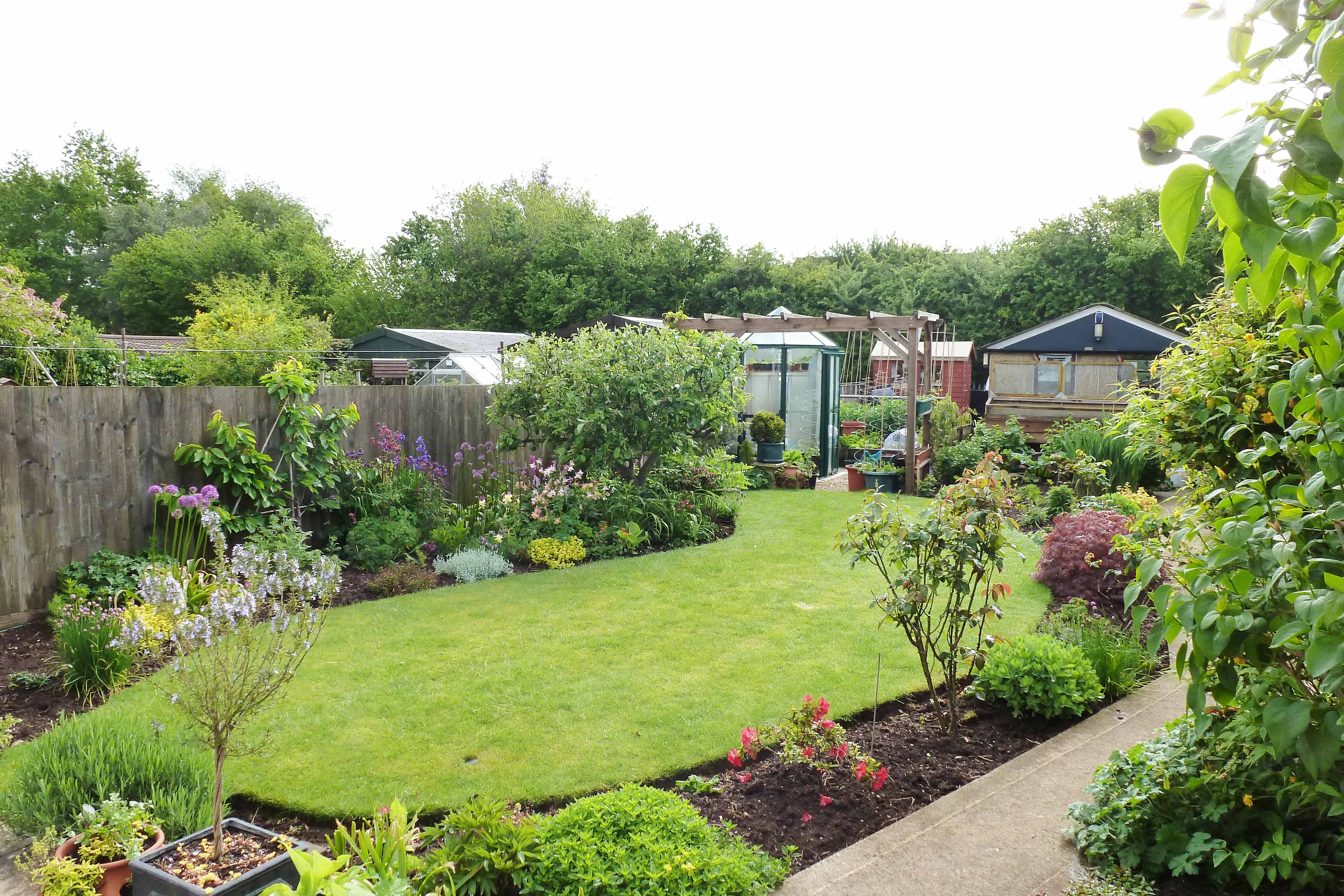This Forum will close on Wednesday 27 March, 2024. Please refer to the announcement on the Discussions page for further detail.
Thunder Storms
 John Harding
Posts: 541
John Harding
Posts: 541
in Fruit & veg
Did you know that thunder storms are extremely beneficial to the garden? Our atmosphere contains about 75% Nitrogen but that is in an insoluble state. Lightning strikes convert atmospheric Nitrogen into NO2 (Nitrogen Dioxide) which is why plants go greener and grow faster after a thunderstorm as NO2 is a form of soluble nitrogen that plants love. John H
7
Posts
There is plenty of NO2 in our atmosphere already, from pollution.
When you don't even know who's in the team
S.Yorkshire/Derbyshire border
When you don't even know who's in the team
S.Yorkshire/Derbyshire border
When you don't even know who's in the team
S.Yorkshire/Derbyshire border
When you have poor soil quality and people are feeding the plants (not the soil) fertiliser it does.